
1. California Bans Single-Use Plastic Bags
California, USA – California’s governor has signed a new bill into law that bans single-use plastic bags across the state. The law, which will take effect next year, aims to reduce plastic pollution and protect marine life along the California coastline. Environmental groups have praised the bill as a significant step forward in reducing the environmental impact of plastic waste, while opponents argue it may negatively affect businesses. The law is seen as a model for other states considering similar legislation.
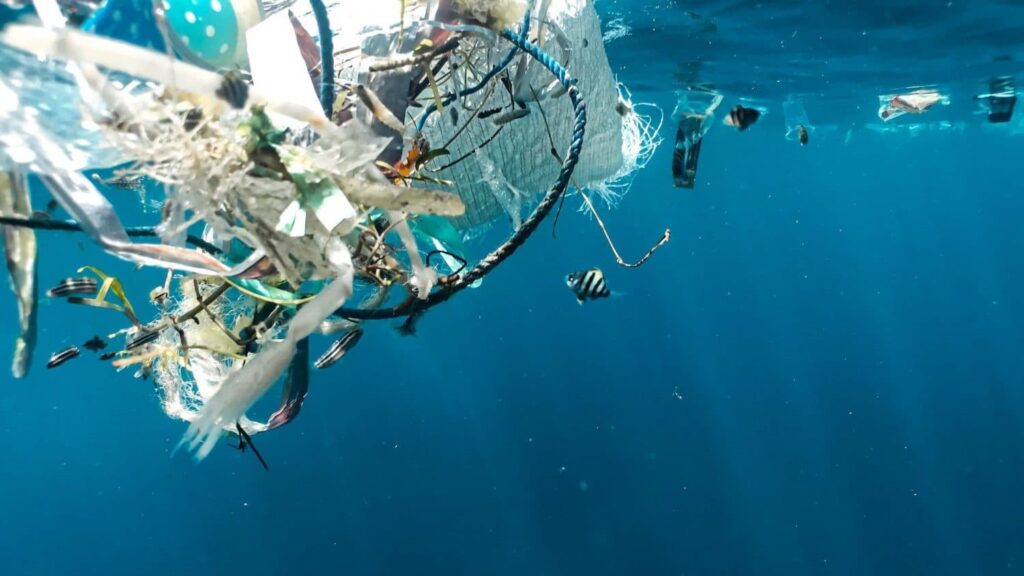
2. Singapore’s Push for Corporate Sustainability
Singapore – A recent report reveals that Singapore is making strides in corporate sustainability, with several companies committing to reducing their environmental footprint. This move towards greener practices includes efforts to protect marine ecosystems, particularly in industries that have traditionally contributed to ocean pollution. The report emphasizes the growing trend of corporate responsibility in Southeast Asia.
Thank you for your generous gift that will help us continue the production of this weekly, free publication
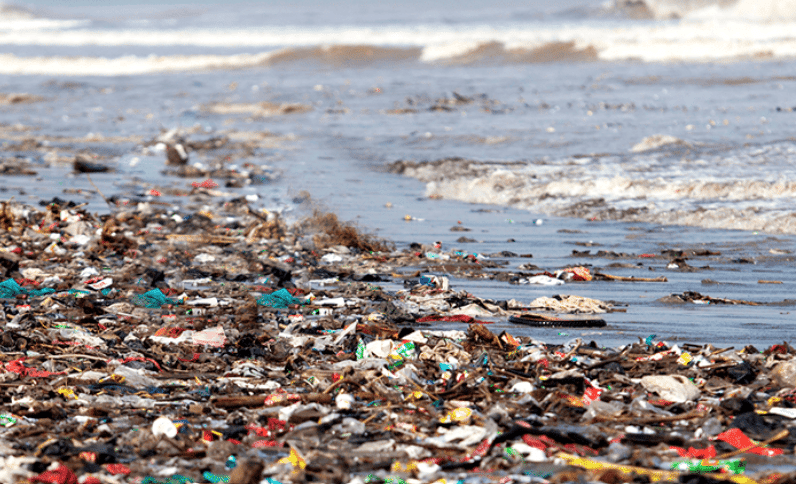
3. Fiji Joins Global Effort to End Plastic Pollution
Fiji – Fiji is set to join the High Ambition Coalition on Ending Plastic Pollution, a global initiative that aims to reduce plastic waste and protect marine ecosystems. The country’s commitment to this coalition highlights its dedication to environmental preservation and combating pollution in the Pacific. Fiji’s leadership in this area is expected to inspire other nations to take similar actions to protect their oceans and coastal environments.
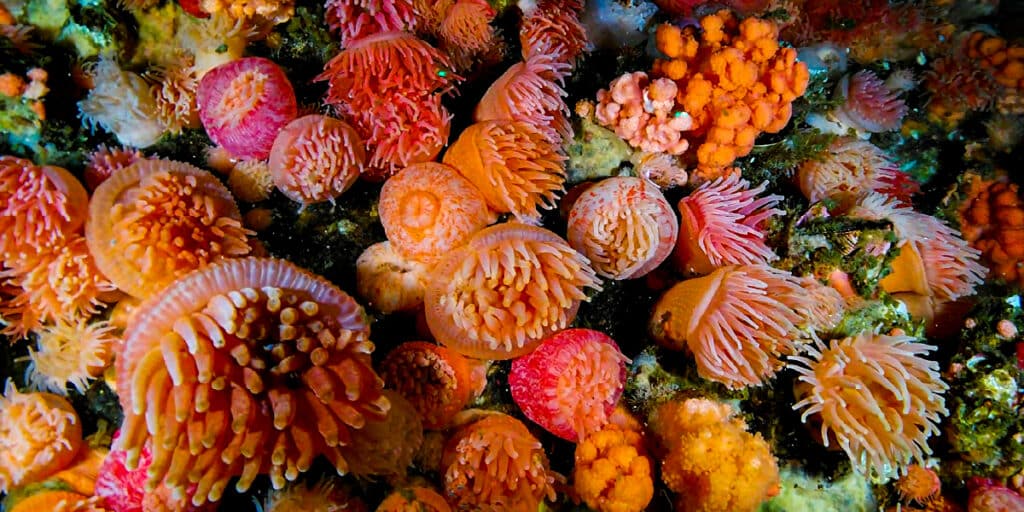
4. Extinct No More: Species Rediscovered
Newfoundland – Marine researchers have made a rare discovery off the coast of Newfoundland: a species thought to be extinct. This find highlights the importance of marine exploration and the need for continued conservation efforts. The team emphasizes that while this is a positive discovery, the species remains endangered, and more needs to be done to protect its fragile habitat.
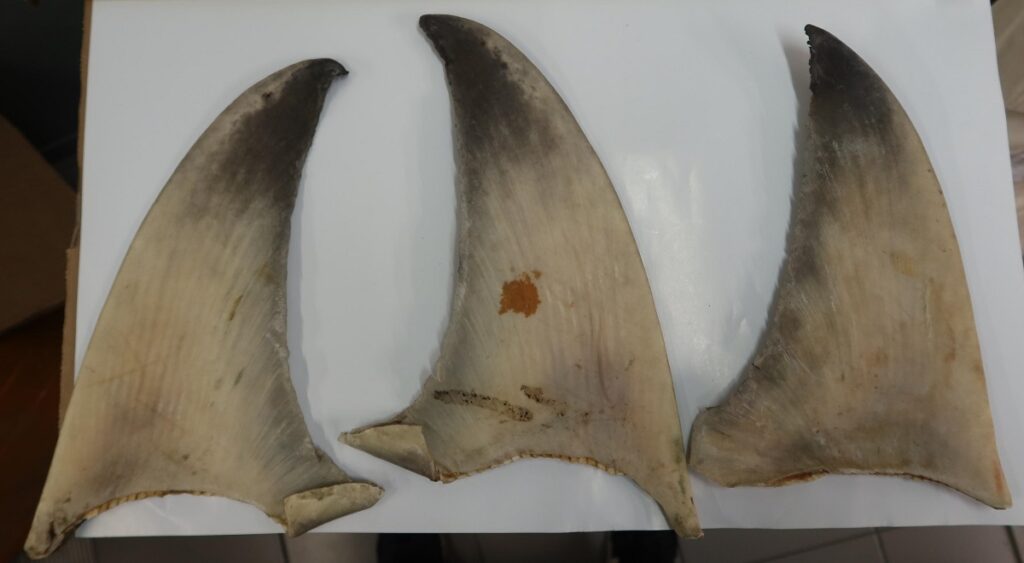
5. Hong Kong Woman Sentenced for Shark Fin Smuggling
Hong Kong – A woman was sentenced to 12 months in prison for the illegal import of endangered shark fins. Customs officials uncovered over 60 kg of shark fins from protected species during a routine inspection. Authorities emphasize the seriousness of wildlife trafficking and the harsh penalties associated with it. This case serves as a deterrent to those involved in the illegal wildlife trade, highlighting the need for stronger enforcement and global cooperation in wildlife conservation.
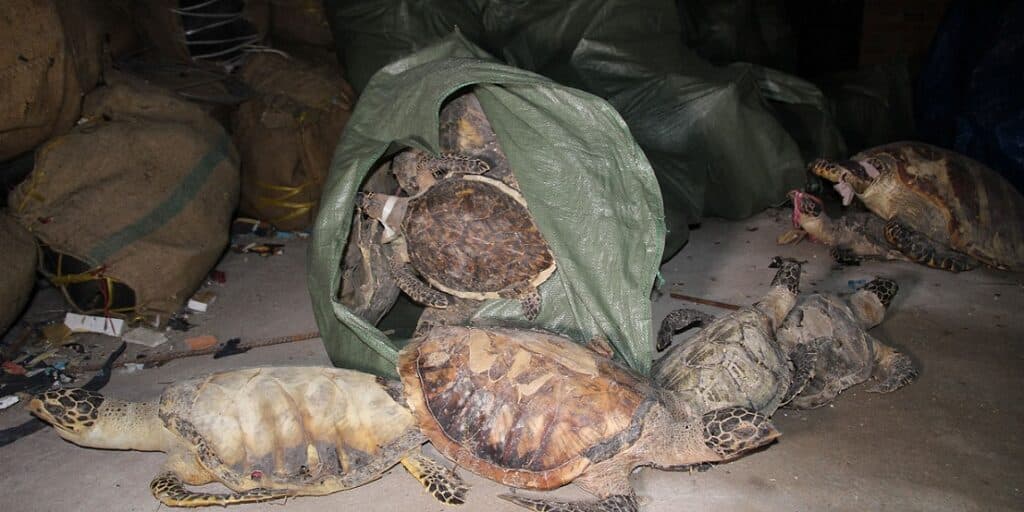
6. Turtle Trafficking Sting Operation Leads to Arrest
Hong Kong – Authorities arrested a man for smuggling rare turtles, underscoring the country’s ongoing efforts to combat wildlife trafficking. Customs officials discovered endangered turtles hidden in luggage, which were being transported illegally into the country. The man now faces significant legal consequences, and authorities are urging stronger measures to prevent the exploitation of endangered species. This incident highlights the growing global black market for wildlife and the urgent need for regulatory action.
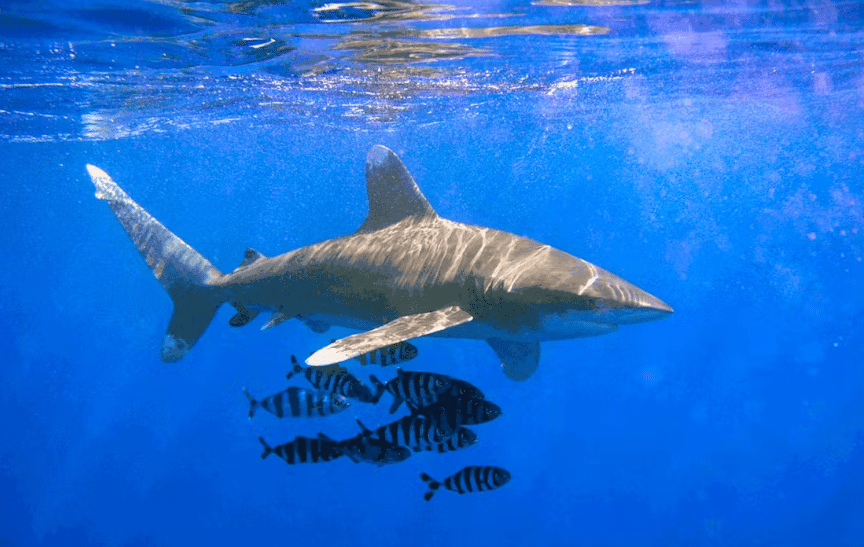
7. Decline of Oceanic Whitetip Sharks Sparks Global Concern
United States – Oceanic whitetip sharks are facing increasing threats due to overfishing and habitat destruction. A recent report published by conservationists highlights the steep decline in populations, urging immediate action to protect this vulnerable species. As one of the most at-risk shark species, oceanic whitetips play a critical role in marine ecosystems. The report emphasizes the importance of international conservation efforts and legal protections to safeguard their future.
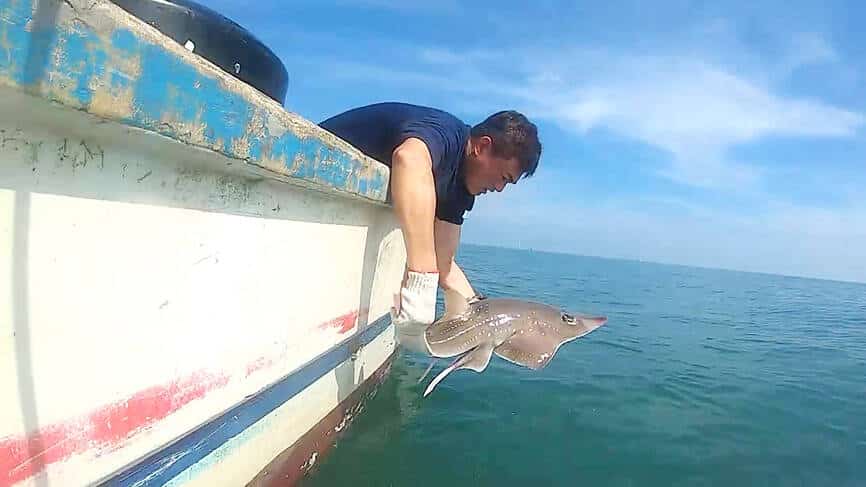
8. Taiwan Busts Major Illegal Fishing Network
Taiwan – Taiwanese authorities have made a significant breakthrough in a case involving illegal fishing and trafficking of endangered marine species. A recent operation uncovered a large-scale illegal trade network responsible for capturing and selling protected species. The authorities have called for stronger penalties and increased international cooperation to combat the illegal wildlife trade that threatens marine biodiversity. This case underscores the need for better enforcement of conservation laws.

9. Spain’s Renewable Energy Revolution Safeguards Marine Species
Spain – A new initiative led by Iberdrola aims to protect marine biodiversity through renewable energy projects. The company has launched a series of wind farms designed to minimize the impact on marine life, with a focus on safeguarding vulnerable species. This project represents a major step forward in integrating sustainability into energy production, providing a model for other companies looking to reduce their environmental footprint. The initiative highlights the potential for renewable energy to coexist with conservation efforts.
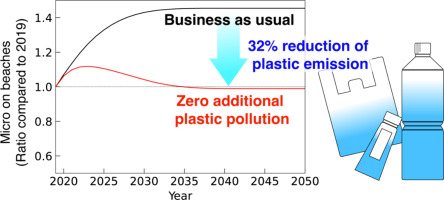
10. Urgency in Protecting Marine Life
Global – Scientists are investigating the effects of climate change on marine biodiversity. This comprehensive study explores how rising sea temperatures and changing oceanic conditions are impacting marine ecosystems, particularly the delicate balance of coral reefs and fish populations. The study also highlights the urgency for global cooperation in mitigating climate change impacts on the ocean.

11. Illegal Fishing Endangers Communities
Liberia – A recent report reveals that Liberia’s fishing communities are struggling with illegal, unreported, and unregulated (IUU) fishing. This illegal activity not only threatens local fish stocks but also undermines the livelihoods of coastal communities. The government is stepping up efforts to crack down on these practices, with the support of international organizations to implement stricter regulations and ensure sustainable fishing practices.
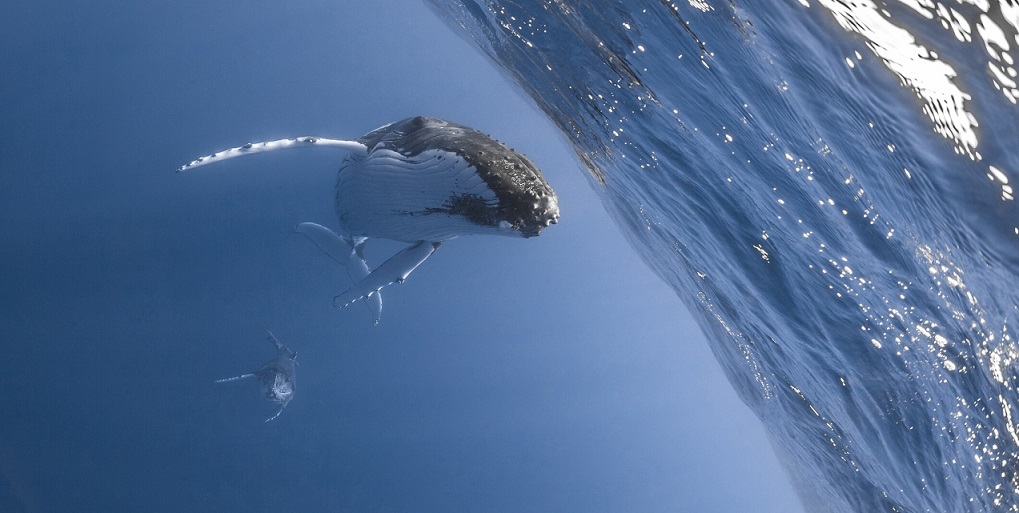
12. Global Effort to Clean Up Oceans
Global – A groundbreaking global initiative is aiming to clean up the oceans by removing large amounts of plastic waste. This project, supported by international NGOs, combines advanced technology with local efforts to tackle ocean plastic pollution. The initiative is seen as a major step forward in protecting marine life and creating cleaner, healthier oceans.
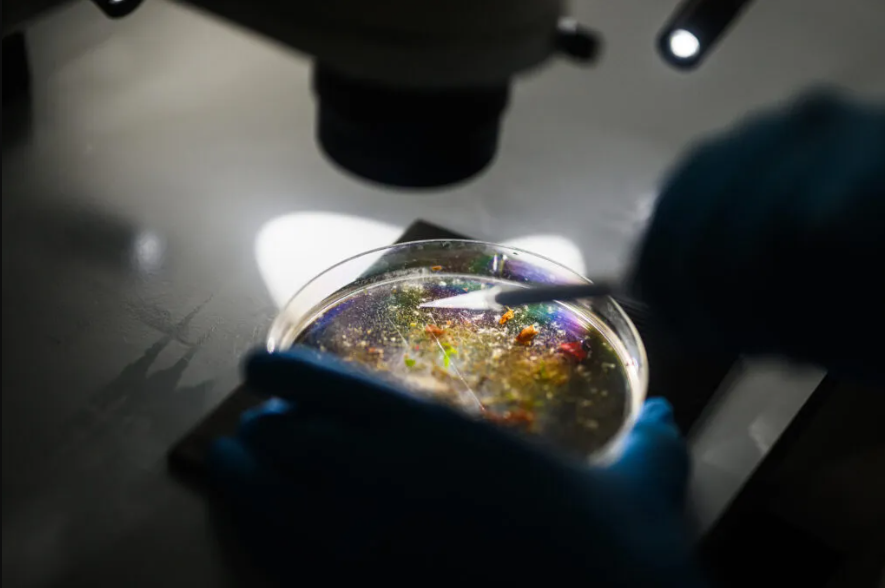
13. Reversing Coastal Damage: New Marine Methods
United Kingdom – Plymouth scientists have discovered a new method to help marine species recover from the effects of human activities. Their research focuses on restoring damaged habitats by using innovative techniques that promote the regrowth of marine flora and fauna. This breakthrough could be crucial in reversing the damage caused by pollution and climate change in coastal areas.

14. Corporate-Backed Conservation for Coral Reefs
United States – Citgo has launched a new initiative to support the preservation of coral reefs. The company is investing in a multi-year project aimed at reducing the damage caused by oil spills and other industrial activities. This effort marks a significant shift towards corporate responsibility in environmental conservation, with Citgo partnering with marine biologists to ensure the program’s success.
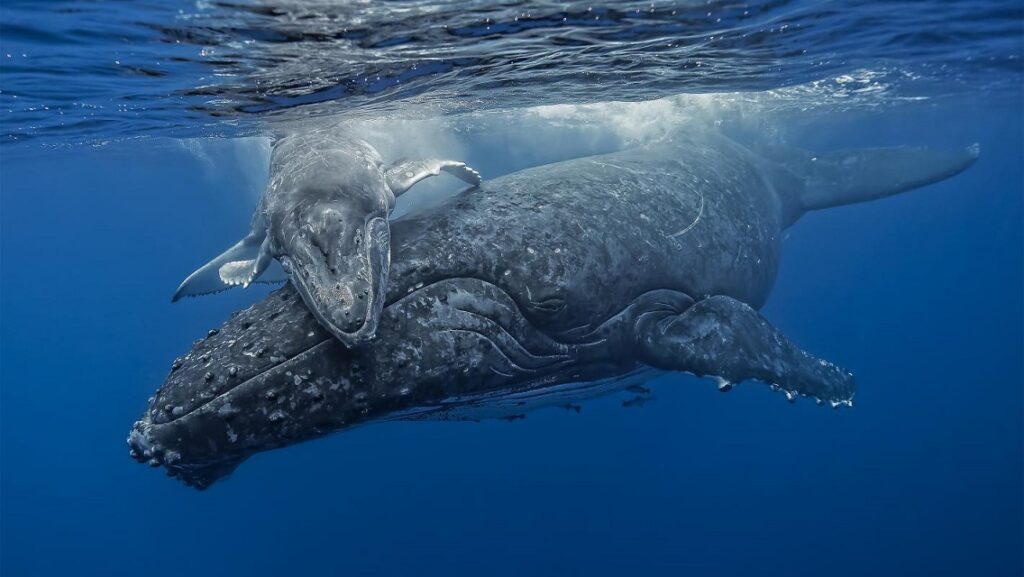
15. Deep-Sea Mining Governance
Global – A new report published by the World Economic Forum discusses the urgent need for governing deep-sea mining. As interest in extracting minerals from the ocean floor grows, scientists and environmentalists are calling for strict regulations to protect marine ecosystems from potential harm. The report stresses that without proper oversight, deep-sea mining could cause irreparable damage to ocean biodiversity.
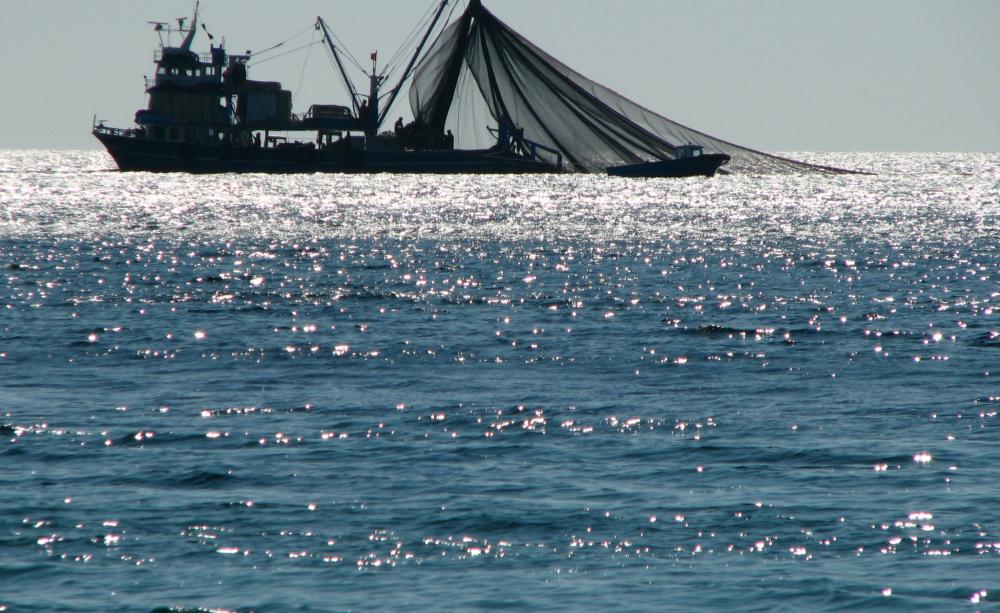
16. Sustainability in Fishing: A Global Imperative
Global – Sustainability in the fishing industry is a growing concern as overfishing continues to deplete marine resources. A recent article from The Ecologist outlines how sustainable fishing practices can help balance the demands of the industry with the need to protect marine ecosystems. The article also highlights successful case studies of fisheries that have adopted eco-friendly methods.
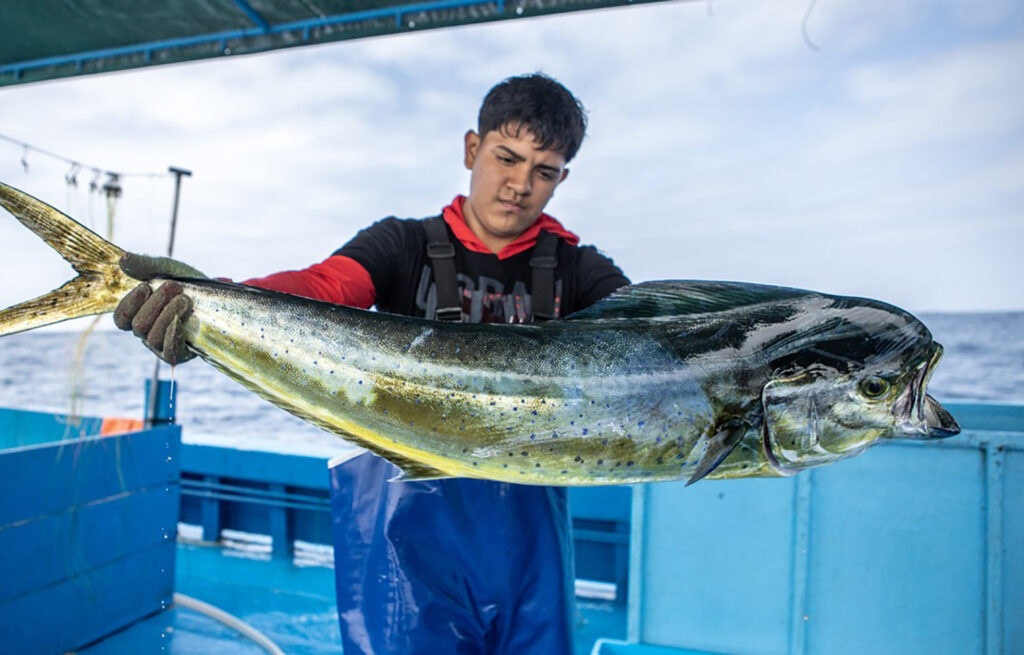
17. Seafood Industry Commits to Sustainability
United States – A seafood company has pledged to reduce its environmental footprint by investing in sustainable practices. This commitment comes after growing pressure from consumers and environmental groups to address the industry’s role in ocean pollution. The company plans to implement more sustainable sourcing and reduce its carbon emissions over the next decade.

18. Scientists Call for Action to Protect Reefs
Florida, USA – Researchers are studying the impact of climate change on Florida’s coral reefs. The ongoing study has revealed that rising ocean temperatures are causing significant damage to these ecosystems, and scientists are calling for immediate action to mitigate the effects of climate change. The study underscores the critical role coral reefs play in supporting marine biodiversity and local economies.

19. Balancing Tourism and Conservation in the Bahamas
Bahamas – The Bahamas is embracing sustainable tourism with new eco-friendly initiatives aimed at preserving its rich marine biodiversity. The Caribbean nation is working with international organizations to implement practices that protect its coral reefs and marine ecosystems while promoting eco-tourism. The initiative underscores the importance of balancing economic growth with environmental preservation, particularly in vulnerable island nations.

20. New Study Highlights Microplastics Crisis
Global – A new study published in PLOS Biology reveals the far-reaching impact of microplastics on marine ecosystems. Researchers found that microplastics are affecting marine species at all levels of the food chain, from plankton to large marine mammals. The study calls for urgent global action to reduce plastic pollution and highlights the importance of international cooperation in tackling this growing environmental threat.
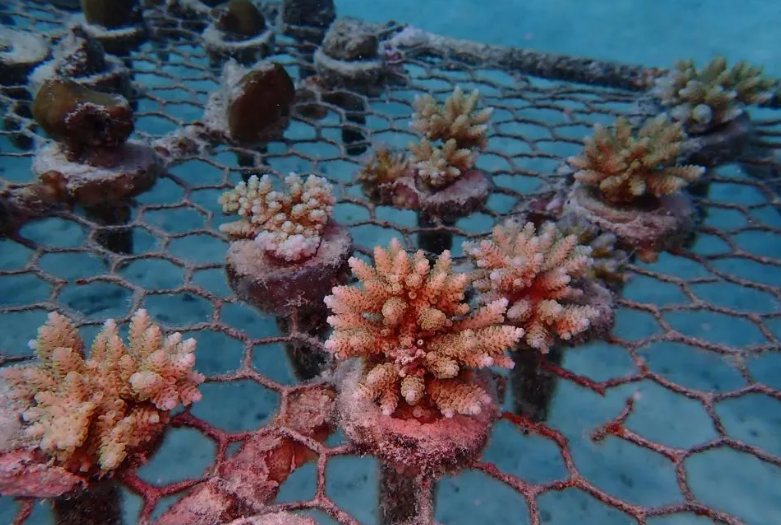
21. Great Barrier Reef Restoration with New Tech
Australia – The Great Barrier Reef is at the forefront of new conservation technologies aimed at restoring coral reefs damaged by climate change. A recent article in Forbes highlights the innovative techniques being used to regenerate coral ecosystems, including the use of drones and artificial reefs. The project represents a major breakthrough in marine conservation and could serve as a model for other reef restoration efforts worldwide.
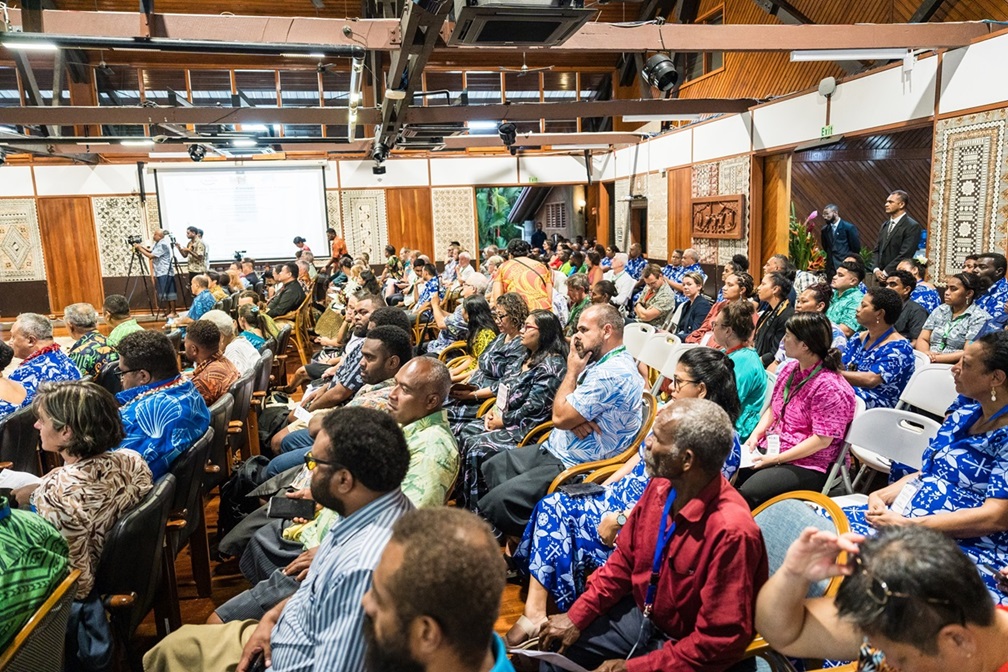
22. Africa Unites for Conservation
Kenya – The International Union for Conservation of Nature (IUCN) has launched a new initiative to unite conservation efforts across Africa. This initiative aims to protect endangered species, including marine life, through coordinated efforts involving governments, NGOs, and local communities. The project highlights the importance of a unified approach to conservation in protecting Africa’s rich biodiversity.




